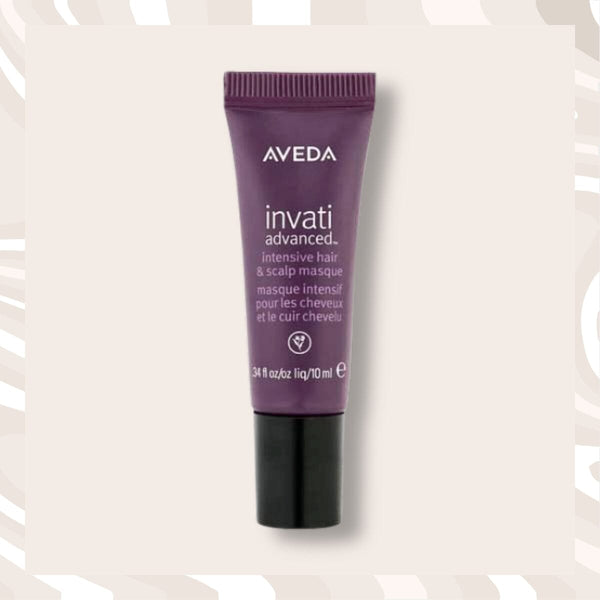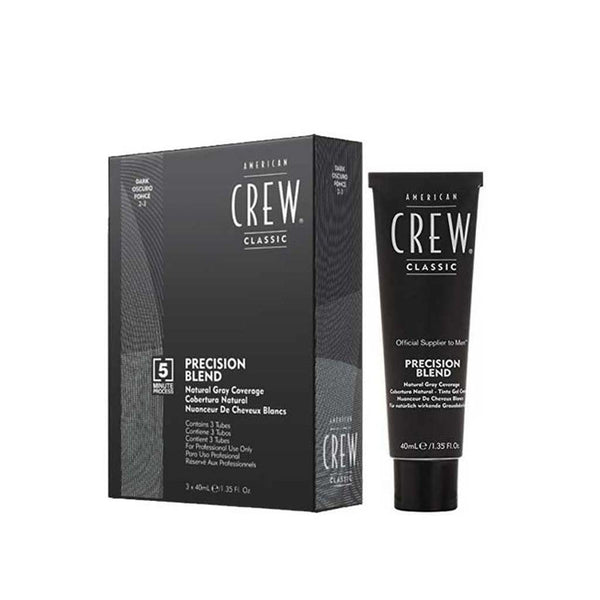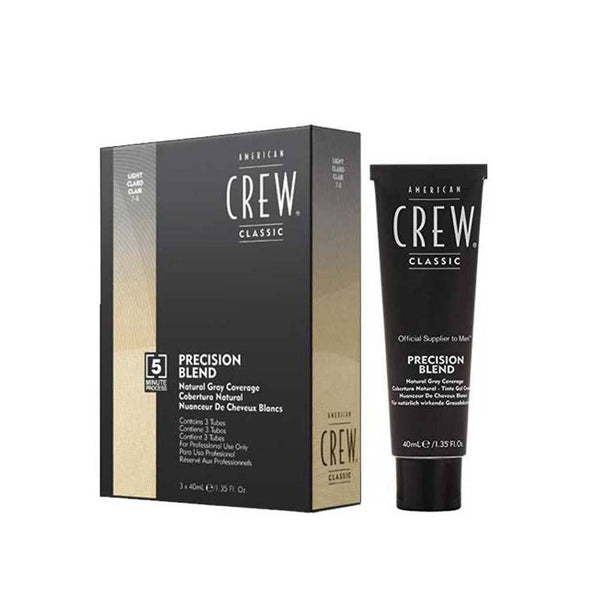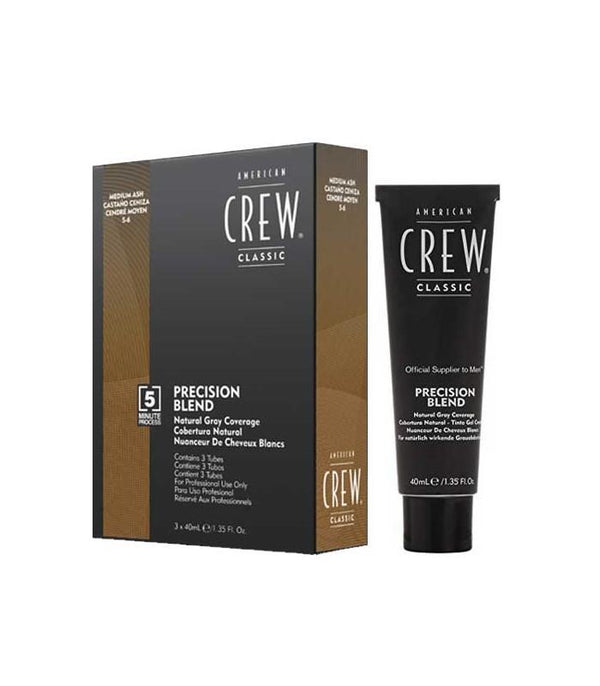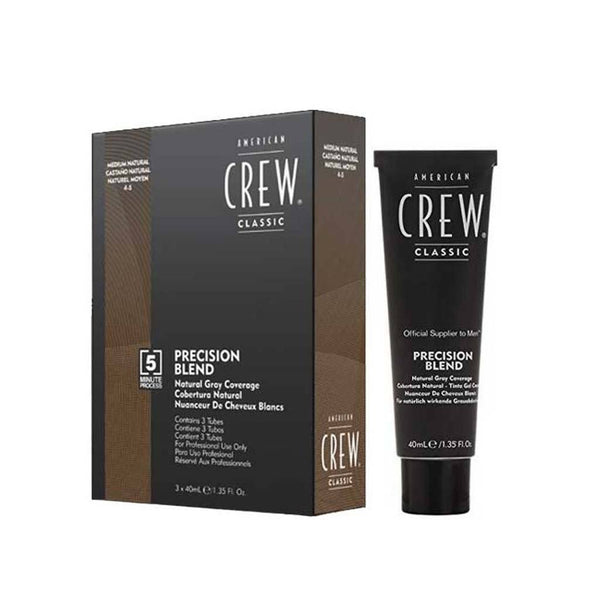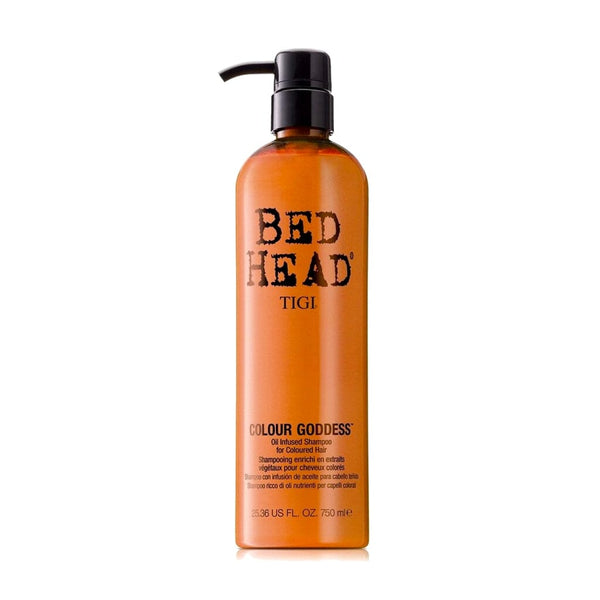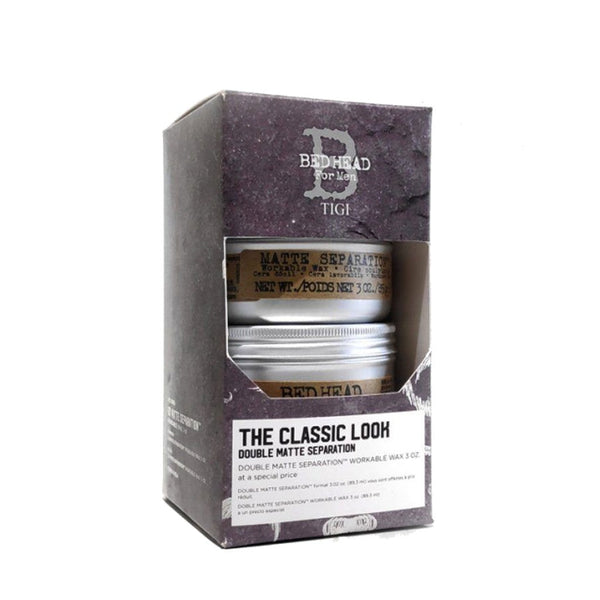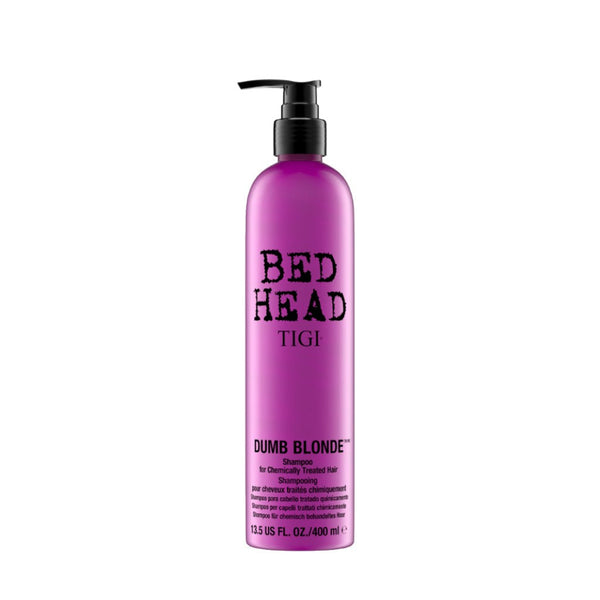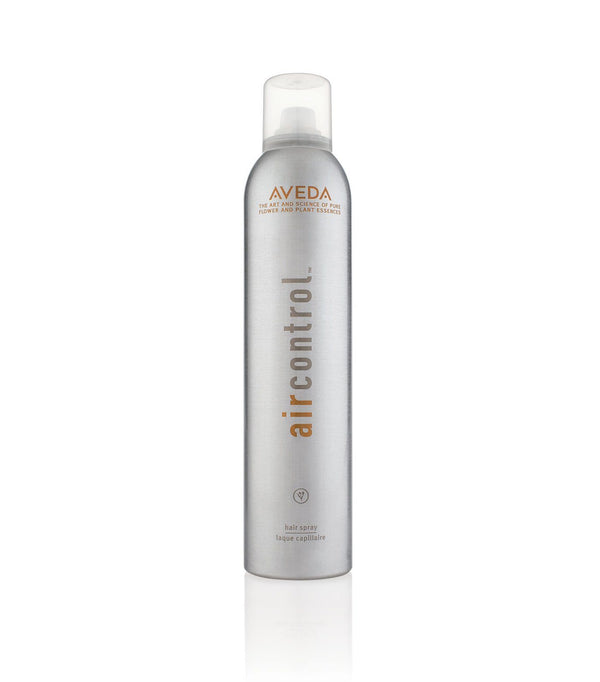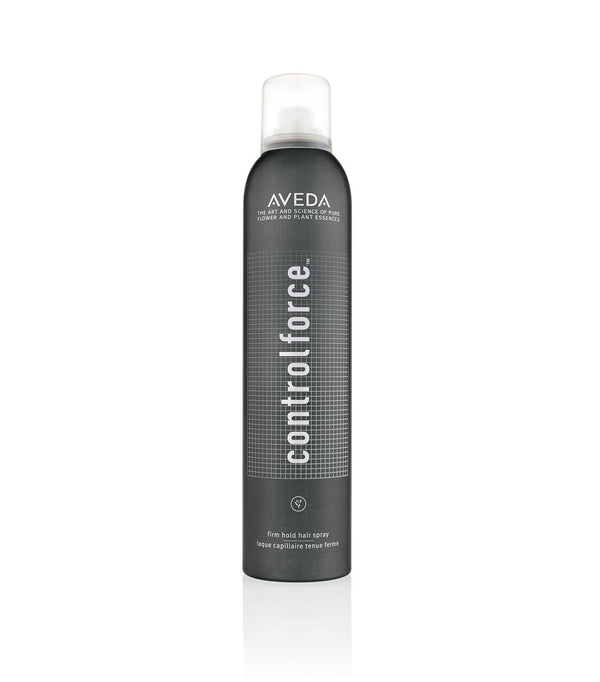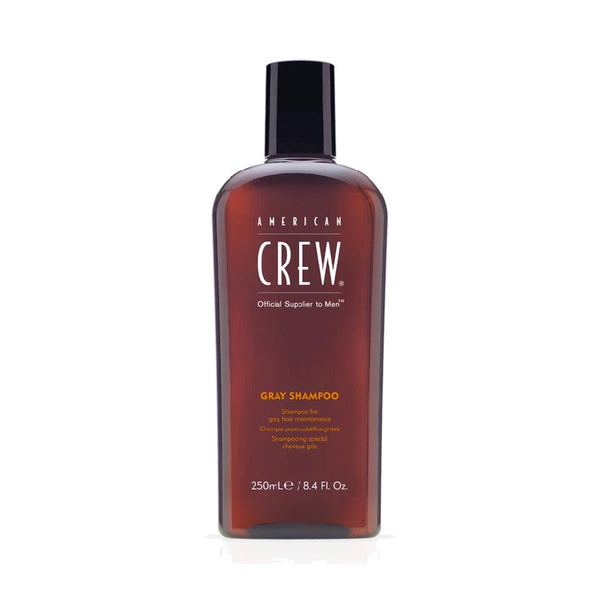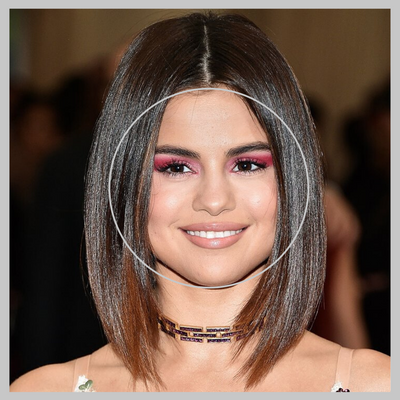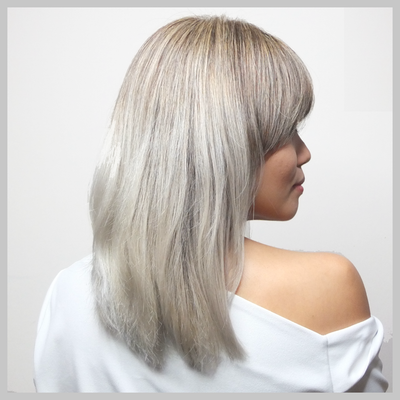
The Good News:
The United States Centers for Disease Control and Prevention says touching a surface or object with the virus and then touching one's own face "is not thought to be the main way the virus spreads." While others, like Dr. Saad Omer, director of the Yale Institute for Global Health, says that the virus likely wouldn't live on hair as long as it would on other surfaces. Adding, "usually, viruses survive for lesser durations on porous surfaces, such as hair, than smooth surfaces, such as stainless steel,"
The Not So Great News

So can you get the virus from your hair?
As studies about this are limited, Dr. Adam Friedman, the interim chair of dermatology at the George Washington School of Medicine and Health Sciences, may be able to shed some light on this. He notes that "if you were to just rip out a few strands of hair, put them down and someone who's positive for corona sneezed on it, it's very possible it could live on that surface for up to three days." However, if the same hairs were still attached to the scalp, the natural oils that cover strands act as a protectant. "These have some antimicrobial properties, and they limit how well organisms can bind to the hair" he adds.
Does this mean my hair is virus-resistant?
Simply put, no. The United States Center for Disease Control and Prevention, World Health Organization, and the Philippine Department of Health, all stress the importance of ramping up proper hygiene throughout this outbreak. Using shampoo — that bind to dirt, oil, bacteria, and viruses — can help rid hair of these potential hazards and may even kill them. So washing frequently can prevent whatever matter is on your hair from building up, especially after potential exposure.

So how often should I wash my hair?
That will depend on your exposure. There is certainly no need to wash multiple times a day if you are simply staying at home, but if you have gone out for whatever length of time, bathing with shampoo immediately upon getting home is advised. There is no need to be as aggressive with your scrubbing as you would with washing your hands. A thorough shampoo from scalp to ends should suffice. Consider shampoos with antioxidant and anti-inflammatory properties, like Echinacea that help boost hair biome.
In these trying times, we hope this article was able to shed some light on some of your concerns. If you have a question about hair health and wellness, don’t hesitate to drop us a line. Message us here.
-----


